Rick Fox s five best NBA seasons
Rick Fox, the 24th pick in the 1991 draft, a small forward from Toronto, Canada. He is 201CM tall and has played in the NBA for 13 seasons, averaging 9.6 points, 3.8 rebounds and 2.6 assists per game, shooting percentage of 45.0%, three-point shooting percentage of 34.9%, and free throw shooting percentage of 77.0%. In the long 13-year NBA career, Fox spent the first seven years with the Boston Celtics and the next six years with the Los Angeles Lakers. He is the most important role player in the Lakers' three-game dynasty and one of the few players in NBA history who have played for a long time in the Celtics and Lakers. Rick Fox has the appearance of a movie star, and his dream is actually to be a movie star. His handsomeness may be able to compete for the most handsome black man in NBA history. In terms of strength, he has range, defense, ball maker, and good organizational skills, and has locker room leadership. To be honest, he is an all-around small forward who has been forgotten by the public. In this article, the author will review Rick Fox's NBA career, and combine data, honors, positioning and other factors to take stock of his five most powerful NBA seasons to remember the prosperous years of this basketball player. If you like this article, it’s okay to like it and encourage it. I would like to thank you in advance. 1, 1996-97 season (Boston Celtics) data: 15.4 points, 5.2 rebounds, 3.8 assists, 1.5 steals, 0.3 blocks, shooting percentage of 44.6%, three-point shooting percentage of 33.6%, free throw shooting percentage of 76.0%. Highlights: This is the most eye-catching season with Fox's personal data. As one of the core players in the Celtics' reconstruction period, he assumed major offensive firepower, with averaging points and rebounds per game; he demonstrated comprehensive offensive skills and good organizational skills. Role: One of the core teams, taking care of both offense and defense. 2, 1997-98 season (Boston Celtics / Los Angeles Lakers) Data: 12.0 points, 4.4 rebounds, 3.4 assists, 1.6 steals, 0.3 blocks, shooting percentage of 42.3%, three-point shooting percentage of 36.0%, and free throw shooting percentage of 76.5%. (Note: traded to the Lakers in the middle of the season) Highlights: Continued the core performance during the Celtics era. After transferring to the Lakers, he needed to adapt to a brand new role (from core to supporting role), but quickly showed his value, with a career-high steal. His defensive toughness and versatility began to be valued by the Lakers. Role: In the first half, the Celtics were still the core, and in the second half, the Lakers began to transform into a key role player. 3, 1999-00 season (Los Angeles Lakers) data: 9.0 points, 4.8 rebounds, 3.4 assists, 1.3 steals, 0.4 blocks, shooting percentage of 42.4%, three-point shooting percentage of 36.7%, free throw shooting percentage of 76.4%. Highlights: First championship season. Fox has fully adapted to the roles around O'Neal and Kobe. His data seems to be declining, but its efficiency and role are extremely critical. He is a reliable outside defender (often marking opponents’ outside arrows), a stable three-point shooting point (a career high in three-point shooting), and a major second-team playmaker. In the playoffs, his defense and outside firepower are important puzzles for the Lakers to win the championship. Role: The starting small forward/shot guard of the champion team, top 3D prototype + organizational tandemist. 4, 2000-01 season (Los Angeles Lakers) data: 9.6 points, 4.0 rebounds, 3.2 assists, 1.1 steal, 0.3 blocks, shooting percentage of 43.0%, three-point shooting percentage of 37.5% (career highest), free throw shooting percentage of 79.4%. Highlights: The second championship season. The Fox is more stable and efficient. His three-pointer reached the peak of his career and became one of the most trusted turrets on the Lakers' outside. The defensive end continues to take on heavy responsibilities, and the organizational connection is still smooth. This season is a typical example of him as a perfect champion puzzle. Role: A key starter for the champion team, an elite-level role player (3D+ organization). Five, 2001-02 season (Los Angeles Lakers) Data: 7.9 points, 3.8 rebounds, 3.6 assists, 1.1 steal, 0.3 blocks, shooting percentage of 39.5%, three-point shooting percentage of 33.3%, free throw shooting percentage of 76.1%. Highlights: The third championship season. Despite further declines in basic data (partly due to changes in depth of the Lakers and excellent form in Robert Horry), Fox's role in the team remains irreplaceable. He is still the team's most trusted outside defense gate, and his organizational tandem ability is easy to use in triangular offense. In the playoffs, especially in the finals series against the Nets, he made great contributions to the defense of outside players such as Kidd and was an important contributor to the Lakers' accomplishment of three consecutive championships. His experience and resilience are particularly prominent this season. Role: A meritorious veteran of three consecutive championships, a defensive core, a locker room leader, trustworthy at critical moments. Summary and Explanation: Peak Period: Fox's peak period was mainly concentrated in his first four seasons with the Lakers (1998-2002), during which he helped the team complete three consecutive championships. The Celtics were the peak of his personal data in the 1996-97 season. Value Core: Fox's strongest value is reflected in defensive ability, cleverness and versatility (can defend from No. 1 to No. 4), stable outside shooting (especially during the Lakers), excellent basketball IQ and organizational ability (average 3-4 assists as a forward), and big heart and locker room leadership at critical moments. He is the perfect match for Superstars (OK combination). Data limitations: simply looking at basic data (scores, rebounds) will greatly underestimate the role of Fox. His positive and negative impact on the court, defensive efficiency, and performance in key rounds are the keys to measuring his strength and weakness in the season. During the three consecutive championships of the Lakers, his role and statistics sacrifices were huge, but his contribution was crucial. The season that was not selected but worth mentioning: 1998-99 season (shrinked season): In the Lakers' first full season, averaging 9.0 points, 5.2 rebounds, 3.4 assists, 1.8 steals (career highest). The steals performed well, but the overall efficiency and team record (stopped the second round of the playoffs) were not as good as the subsequent championship season. 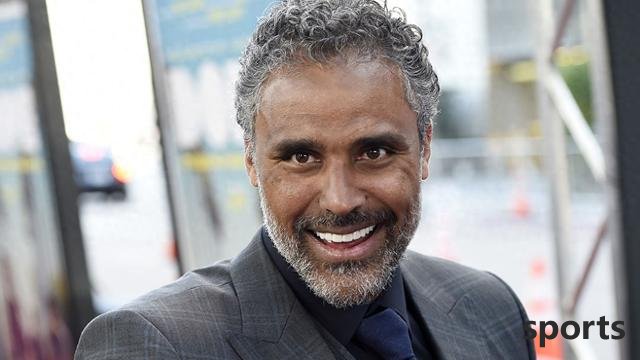
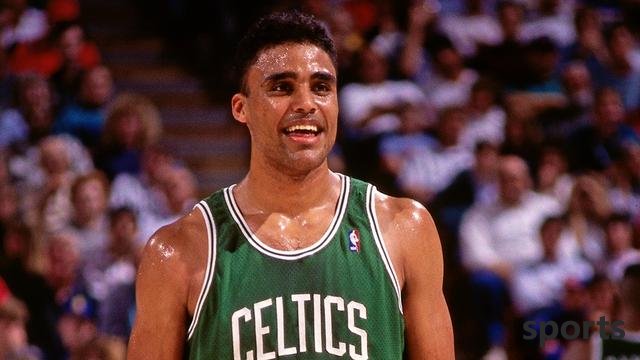
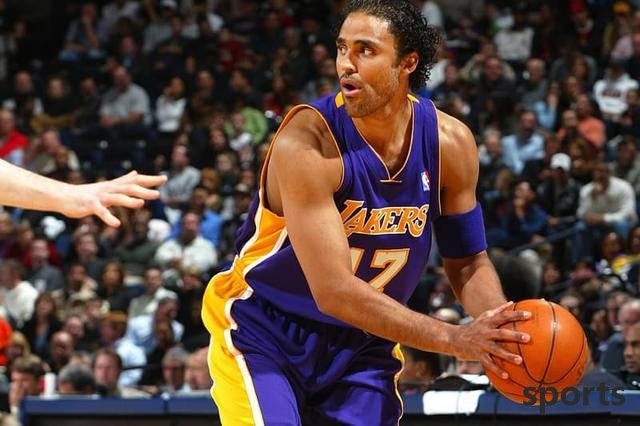
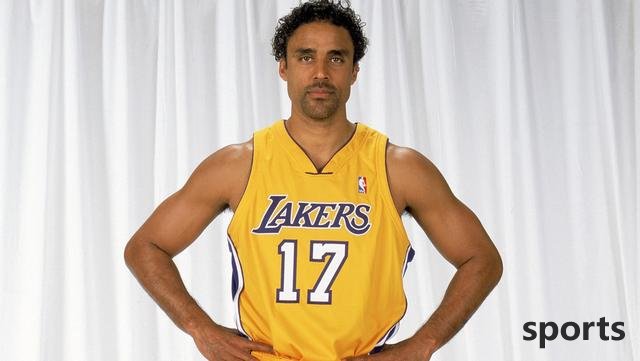
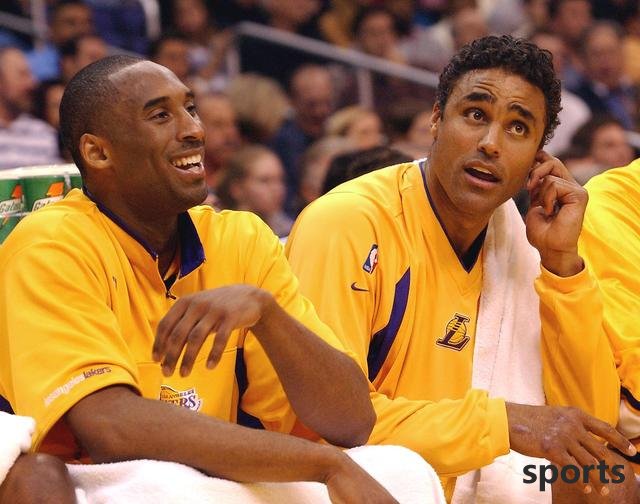
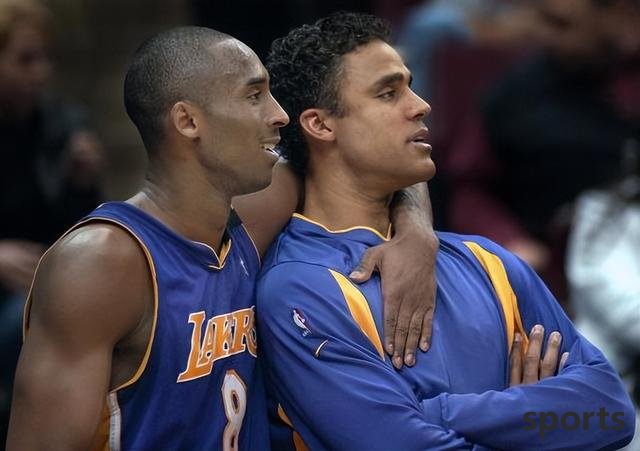
- Recent Posts
-
- Confirmed! Goodbye Lillard! Th
- Wade: I m the best in the Heat
- Westbrook refuses to execute p
- The situation is similar, foll
- Rockets missed! US media comme
- "I m already thinking about th
- Pacers Thunder Finals Meet? Bo
- Remove free throws, Westbrook
- The ultimate kill + death buck
- The first in history! James 2
- Hot Posts
-
- How strong is the strongest hi
- Yang Hansen tried out the Warr
- NBA rumor: Kevin Durant believ
- Looking forward! 2025-2026 NBA
- Anthony is rated as the strong
- Replica Legend, Thunder Alexan
- Data analysis: Pacers 2-1 Thun
- NBA Summer United: Yang Hansen
- Yang Hansen s rookie contract
- Magic vs. Free throws: Hallibu
- Durant is destined to join the
- There are good and bad! Team m
- Which NBA team is more suitabl
- NBA character Alexander: The T
- Behind SGA’s Give Up 100 milli
- Hit 10+4+5+3! Yang Hansen made
- After Westbrook jumped out of
- The NBA playoff division final
- After Bill reached a buyout, t
- 2025 Rookie Observation (20):
- search
-
- Links
-
